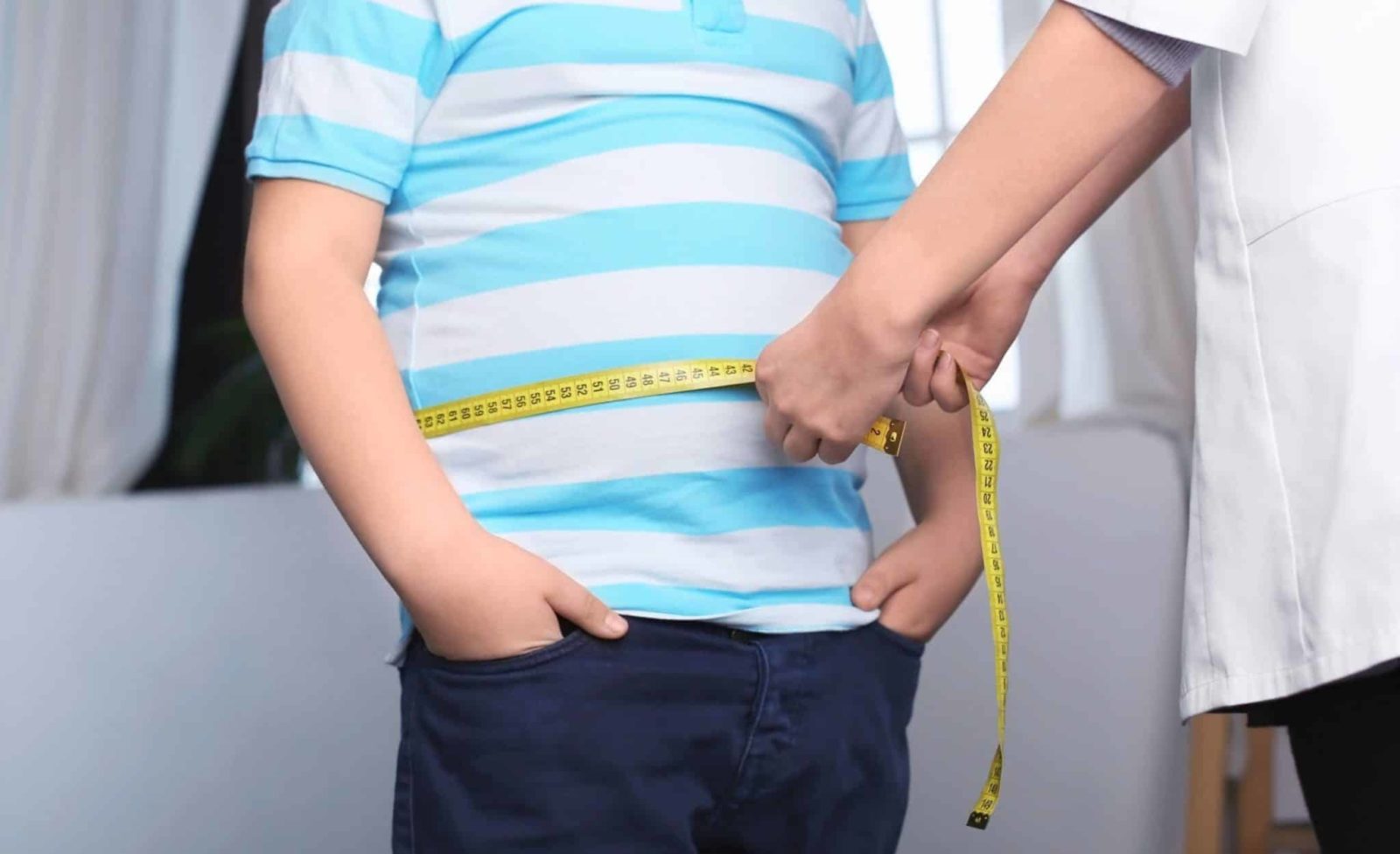One of the saddest conditions for a child to experience is obesity. The discomfort from excess weight and the limitations that obesity causes are difficult to bear. Unfortunately, we are still a society in which this condition affects children more than it should.
We have the education, knowledge, and ability to do better, but childhood obesity persists. While the apparent consequences relating to cosmetic problems like finding appropriate clothing sizes and looking different come to mind, there are other reasons that we need to combat childhood obesity.
Problems Related To Childhood Obesity
1. Long Term Health Problems
Childhood obesity may affect a child’s future, as well. There is every chance that obesity extends into adulthood, causing a host of social, emotional, and physical health problems. Whereas obesity affects development when young, the weight can cause significant damage to organs like the heart over time.
2. Diabetes Risks Increase
Diabetes comes in two forms, and while one may manifest as a genetic condition, the other is an effect caused by obesity. Being overweight does not automatically ensure diabetes, but it’s a leading cause. Children who suffer from obesity are more likely to develop diabetes, a condition that is difficult to manage for adults, let alone a young child.
3. Complications From Weight
The human body was not meant to carry excessive weight, and obesity stresses the whole system. From the bones and joints that bear the brunt of the weight to the blood vessels and heart of the circulatory system that must strain to pump through so much excess weight, obesity causes many secondary health issues for children.
4. Damaging Self-Esteem
The emotional burden of childhood obesity is often a lifelong struggle. Children who suffer from obesity experience feelings of shame or embarrassment that affect their mental health. As these children grow into adults, many continue to carry negative emotions and maintain low self-esteem.
5. Too Easily Occurring
Children today have more options for physical activity, but they also have increased access to unhealthy foods or sedentary hobbies that contribute to childhood obesity. Fast food deliveries and lower prices at fast food restaurants like dollar menus make it easier to choose these unhealthy convenience foods. The amount of time children spend in front of screens for homework, school, and recreation also means they move less overall. It’s almost effortless to end up with higher caloric intake and less physical activity.
6. Parental Guidance Required
Children must rely on their parents for guidance, but despite so many sources of information for parents to reference, there is still a lack of understanding about childhood obesity. Many parents with children who suffer from obesity do not have all the facts about health and nutrition that they must manage to guide their children.
7. Lack Of Options
For those parents who understand that their children are obese and at risk, they may not have many choices to combat the condition. Depending on their socioeconomic background, some families can’t afford the solutions that could counteract the factors leading to their child’s obesity. Other parents may not be equipped with the ability to parent through the necessary actions that must be taken to counsel a child who is obese.
8. Social Media Shaming
The rise of social media means children today are always under a microscope; their lives unfold publicly. While there are many positive elements to social media, there is a dark side that comes from shaming or online bullying. For children who are obese, they may struggle further to feel confident or accepted within this medium. They also may attempt to compare themselves against false standards from manufactured images, worsening their feelings, and perpetuating their condition. Encouraging a digital detox will help remove your child from negative situations and inspire them to look elsewhere for entertainment.
9. Stigma Of Weight
As much as we have seen cultural shifts in the perception of weight, there is still a stigma against obesity. Body positive movements have come a long way and made many inroads, but there is still a lack of acceptance for larger sizes, particularly in children. Our culture and society have stepped back from a narrow view that promotes thinness as representative for all, and more body types are finally recognized. However, obesity still gets associated with many negative stereotypes.
10. Not Enough Change
Too much effort to embrace physical differences obfuscates the health effects of obesity. While it’s crucial to maintain good mental health, this should not come at the expense of physical appearance. It’s a delicate balance to accept that a child is obese and work to preserve the child’s mental health while also battling against the factors that contribute to the condition. Acceptance shouldn’t equate to permission but rather be the first step toward making changes.
A Complicated Condition
It’s difficult to believe that childhood obesity continues to exist as a health problem facing children, but that doesn’t change the fact that it does. We have the education, knowledge, and ability to do better. Parents, teachers, and students in society today must continue to understand and combat any factors that contribute to childhood obesity.
About the Author
Sandy Slade is the CEO & Founder of Skillastics®, the #1 on-site and virtual physical activity resource for groups of children of all sizes. The on-site programs are designed around Skillatsics Activity Kits. These Activity kits include an innovative technique of play, executed on an oversize mat, where up to 100 children can play at one time.
The virtual programs provide students with an amazing variety of physical activity experiences that consist of 30 days of content lasting 30-40 minutes a day taught by national experts.
Skillastics® is enjoyed by over 10 million students in more than 25,000 Physical Education and After School settings nationwide.
For more information, email info@skillastics.com or check out www.skillastics.com.





